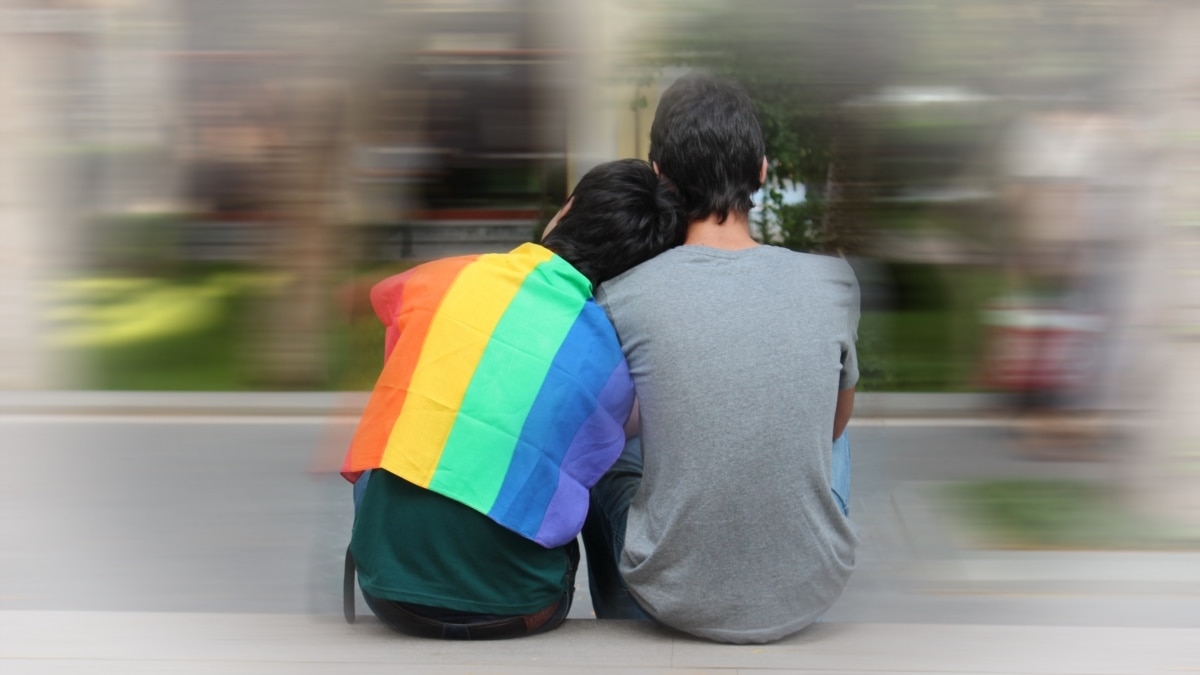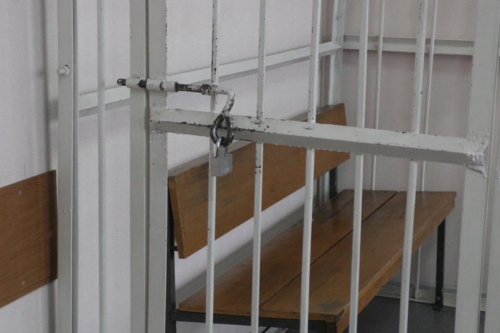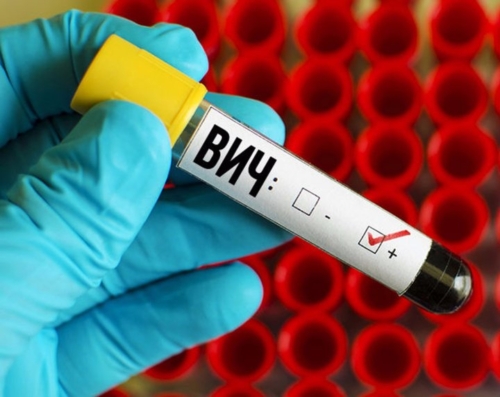
In Dushanbe, gay men are suspected of infecting more than 80 people with HIV
Ten members of the LGBT community have been detained in Dushanbe on suspicion of infecting citizens with the immunodeficiency virus (HIV). This was announced by Barotali Hamidzoda, head of the Dushanbe City Department of Internal Affairs, at a February 15 press conference.
“All the detainees are men and are suspected of infecting 86 people with HIV,” the capital’s police chief said.
Tajik Interior Minister Ramazon Rakhimzoda also reported numerous cases of gay men intentionally infecting people with HIV.
“Police officers detain representatives of the LGBT community who deliberately infect citizens with HIV. Of course, this issue is under the control of international organizations. The Interior Ministry does not conduct special raids against gays and lesbians. However, they are constantly under our surveillance,” Rakhimzoda said.
The minister did not name the exact number of those detained on suspicion of willful infection with the immunodeficiency virus. It is not known whether the detained LGBT community members have lawyers.
Tajikistan decriminalized homosexuality in 1998, repealing a Soviet-era law, but homosexuals and other sexual minorities still face entrenched social taboos. Sexual minorities in Tajikistan’s traditional society are afraid to reveal their identity and only tell human rights groups about their lives and hardships.
In 2017, Tajikistan’s Interior Ministry and Prosecutor General’s Office compiled a list of about 370 members of the LGBT community. The law enforcement agencies said they registered them as people “at high risk of HIV infection. The list included 319 gay men and 49 lesbians. The Interior Ministry said it identified them during operations “Purge” and “Morality”.
Tajik authorities deny harassment or persecution of sexual minorities, saying the country’s laws protect all citizens equally. In January 2019, Zarif Alizoda, then Tajikistan’s human rights ombudsman, said at a press conference that there are sexual minorities in Tajik society, but no one persecutes or harasses them. The ombudsman said that Tajikistan cannot follow the recommendations of international organizations on the rights of LGBT representatives. The reason, he said, “lies in the norms of morality and ethics of relations between people in the country”.
Some members of the LGBT community from Tajikistan travel to Russia and Europe in search of safe shelter, but even there their lives are “fraught with danger”: they say they are forced to hide their identity to avoid being attacked by their compatriots.




